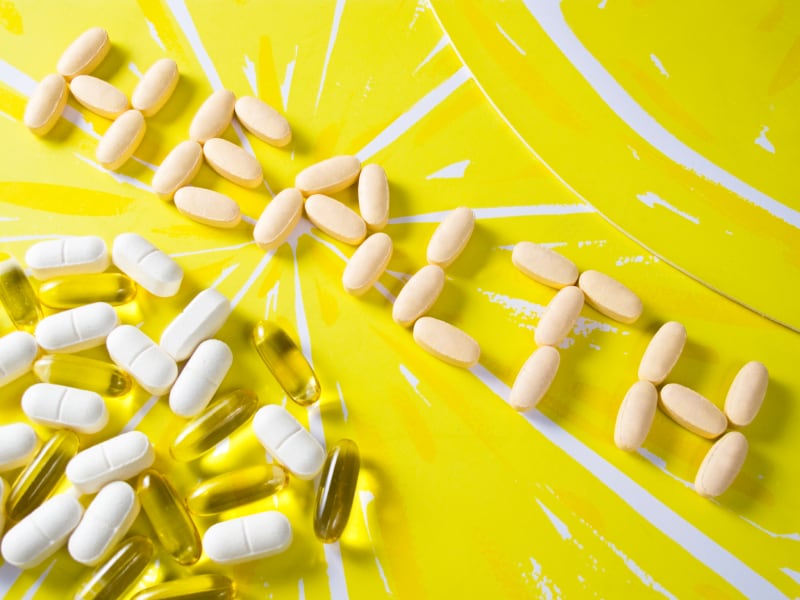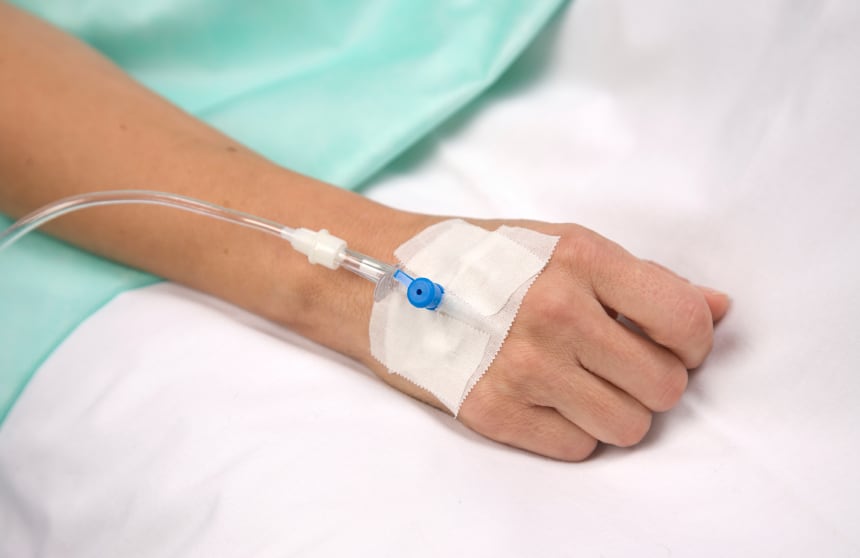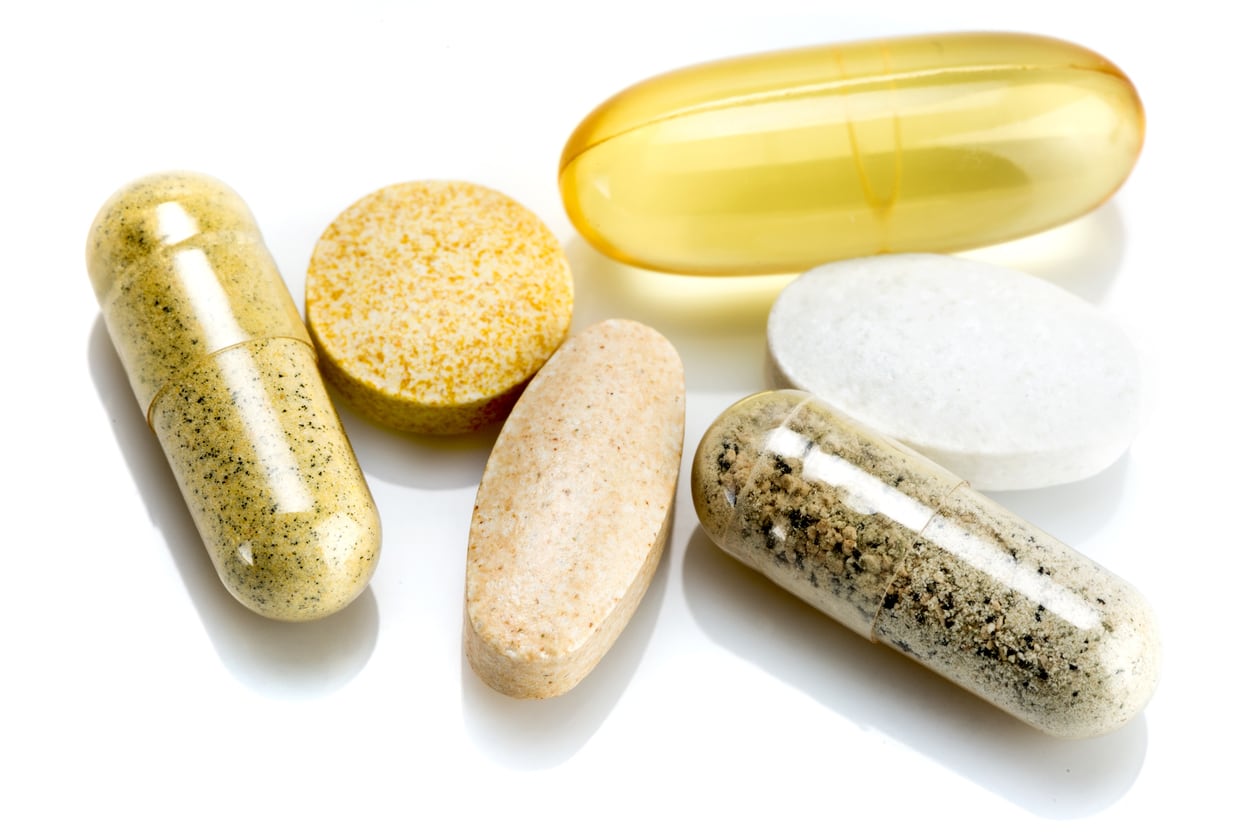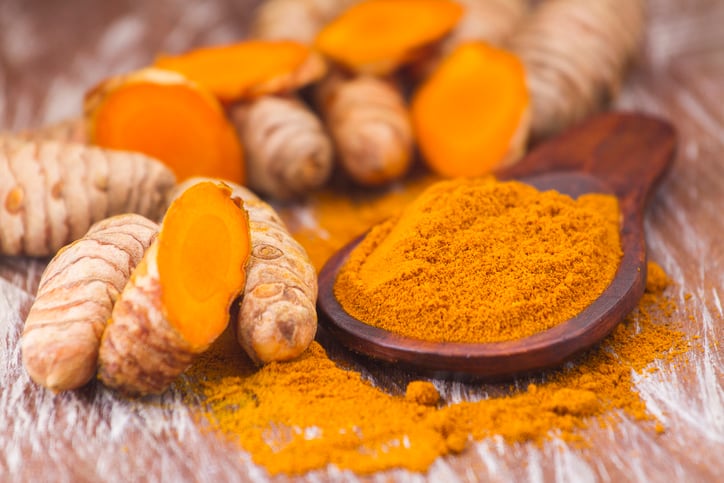In comments to an analysis identifying 264 (64%) out of 416 supplements that contain caffeine, synephrine and sildenafil among others, Food Supplements Europe (FSE) says, “The EU legal is completed by more specific requirements in many and a notification obligation in most Member States.”
“This framework can only work if it is accompanied by efficient controls,” adds Patrick Coppens, the group’s director of regulatory and scientific affairs. “This framework allows for safe and high quality products.”
“We can confirm that companies operating within the EU are subject to intense controls and trust that the new official controls legislation, applicable from beginning of next year and coordination via the Rapid Alert System will enable enforcement authorities to set up equally efficient controls for imported products, provided mainly via internet.”
RASFF records higher incidences
The study highlights the increasing number of adulteration cases in the EU – a region in which food supplements are not subjected to pharmacovigilance.
Producers are also not obliged to demonstrate quality and batch-to-batch homogeneity in the same way as for medicinal products hindering the discovery of adulteration.
Furthermore, in the Netherlands there is no pre-market surveillance as food supplements do not need to be notified.
In recent years, the number of European RASFF (Rapid Alert System for Food and Feed) notifications in the category of dietetic foods, food supplements and fortified foods, especially related to unauthorised compositions, has also increased significantly.
Similar to the RASFF notification is the Working Group of Enforcement Officers (WGEO) of the Heads of Medicines Agencies (HMA).
Both RASFF and WGEO alerts mention the presence of pharmacologically active substances or plant toxins, such as sildenafil or synephrine in dietary supplements on the market in the EU.
Study details
Colleagues from Netherlands Food and Consumer Product Safety Authority (NVWA) and Wageningen University in The Netherlands, began screening samples using liquid chromatography combined with full scan high-resolution mass spectrometry. Confirmatory analysis was done by LC-MS/MS.
The analysis result obtained was a concentration of the substance in mg/kg homogenised product.
This was converted into the maximum daily intake (daily dose, mg/day) using the dosing information on the label of the product.
Out of the 264 supplements (64%) analysed between October 2013 and October 2018, one or more pharmacological active substances or plant toxins were detected
In the majority (77%) of these positive supplements, one or two active substances were detected. Thirty supplements (11%) contained four or more active substances.
Along with caffeine, synephrine, sildenafil, the team also found traces of icariin, sibutramine, higenamine, hordenine, phenethylamine, methylsynephrine, DMAA, phenolphthalein, octopamine and ephedrine.
“The minimum daily dose level were low which indicates that these substances were probably not added on purpose but refers to poor production processes,” the team suggest.
“However, these small amounts might be sufficient to result in a positive doping test with serious consequences for an ignorant athlete.
“On the other hand some daily dose levels were far above a dose level that is considered safe, indicating to intentionally added pharmacologically active substances (synephrine, sildenafil, sibutramine and 1,3-DMAA).”
Future recommendations
In the study’s conclusion, the team highlight parallels that could be drawn to EU pesticides legislation for food (396/2005).
Here, if a certain pesticide is absent at the time of harvest, residues need to be below 0.01 mg/kg (irrespective of their toxicity).
Similarly, for drinking water, as a matter of principle no pesticides should be present, where ‘no’ for practical and enforcement reasons has been implemented in legislation as below 0.1 microgram per litre (μg/l).
“An analogous legislation for synthetic (pharmaceutically active) substances would greatly simplify enforcement action, leaving only the naturally occurring substances for more dedicated case to case assessment,” the study concludes.
Source: Food Additives & Contaminants: Part A
Published online: doi.org/10.1080/19440049.2019.1633020
“A health risk for consumers: the presence of adulterated food supplements in the Netherlands, Food Additives & Contaminants.”
Authors: Jacqueline Biesterbos et al.




